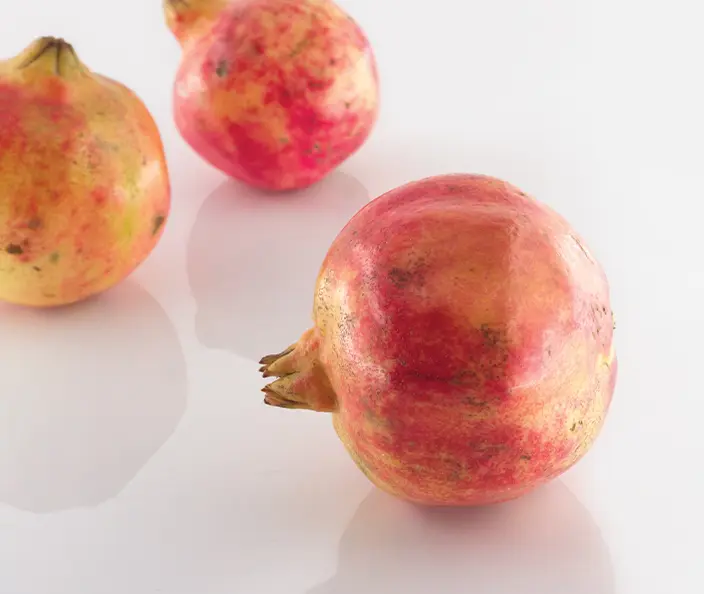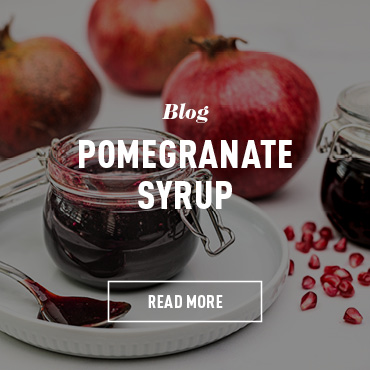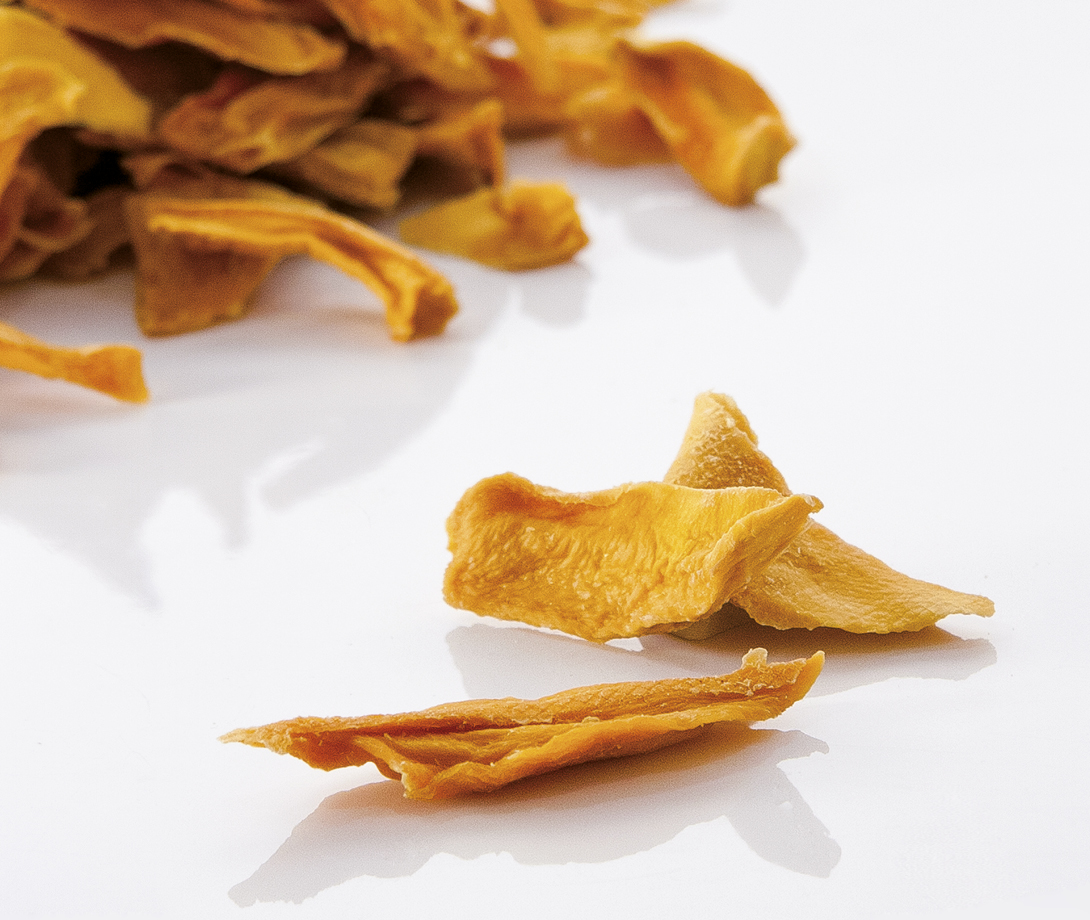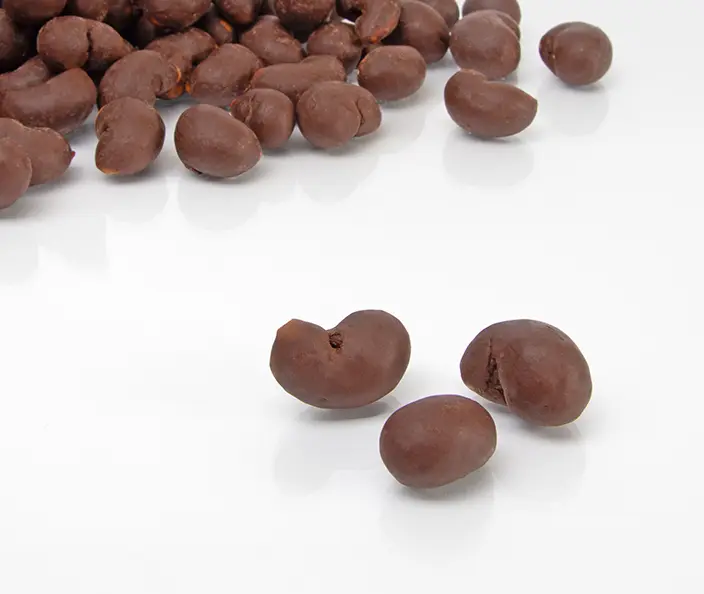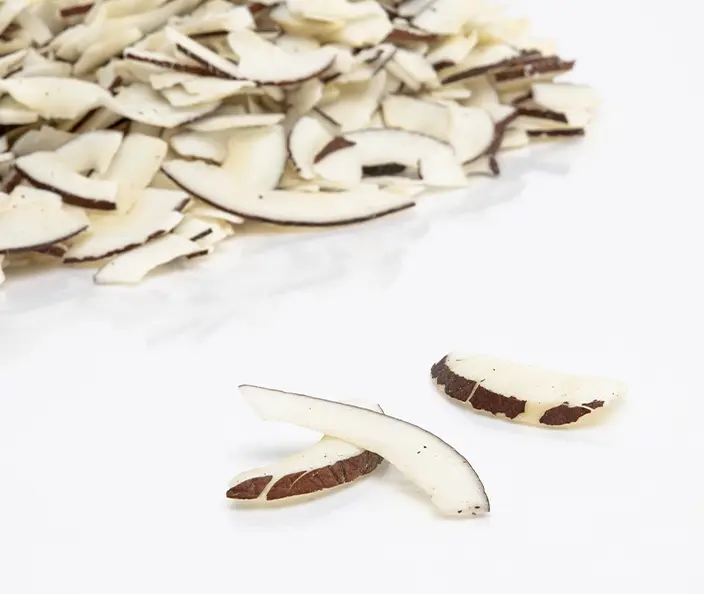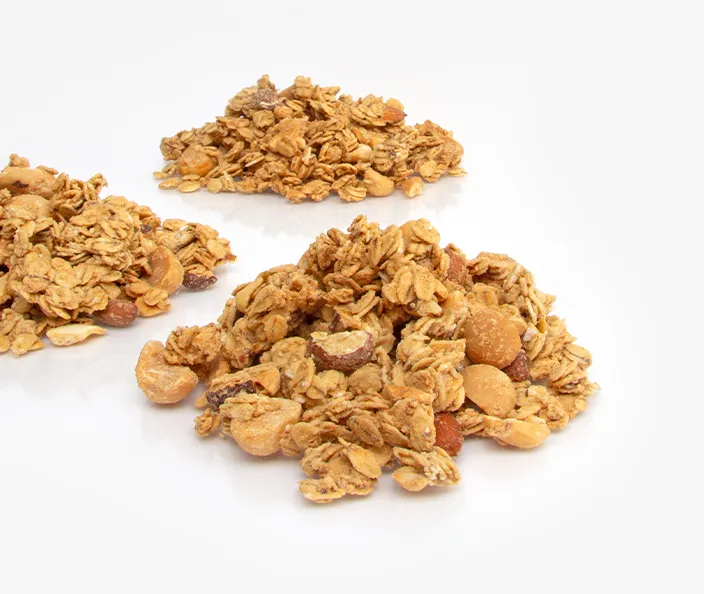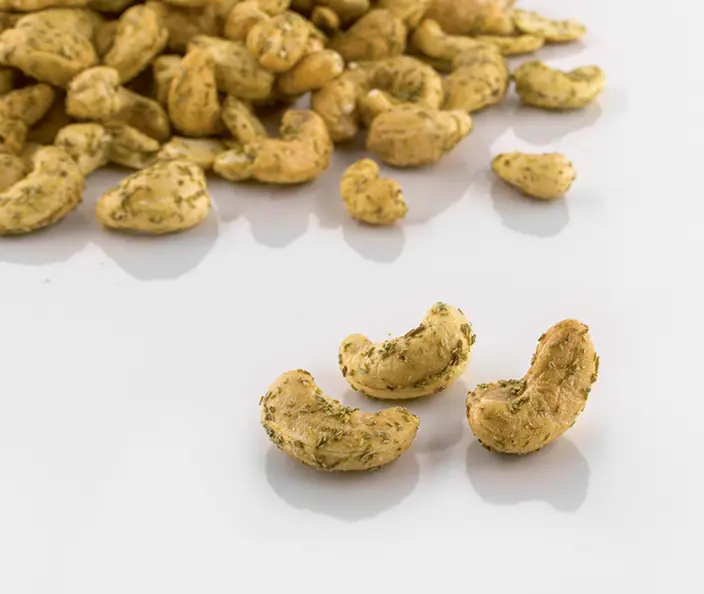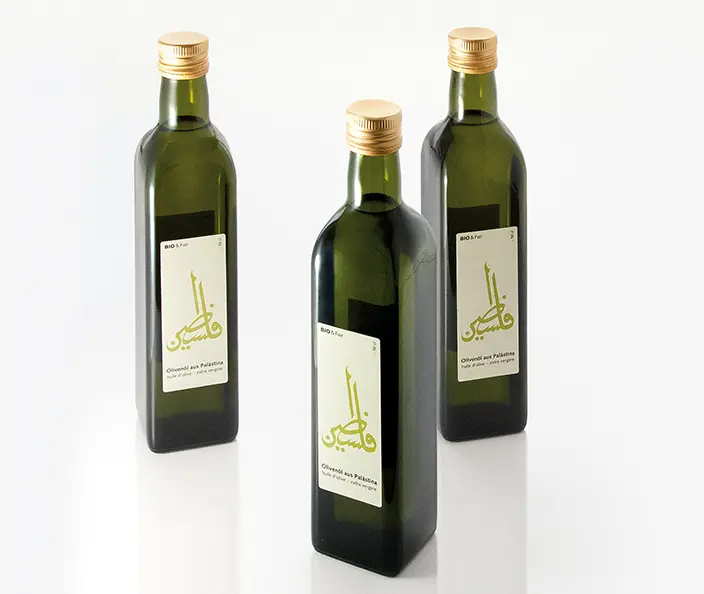Pomegranate Ermioni
Organic
Greece
Arrival of delivery: October
Order until: 12.10.2025
Our Greek pomegranates are of the Ermioni variety, which are unusually light coloured, unevenly shaped and sometimes have brown stripes. Their seeds have an intense colour and are especially juicy and flavourful.
 How much is that?
How much is that?
7 kilos is approximately 22-24 pomegranates.

 When will my delivery arrive?
When will my delivery arrive?
If no specific delivery date is indicated for a product, we will ship your pre-ordered items during the specified month. For the latest information, please check our delivery schedule page. We will notify you as soon as your order is on its way.
| Arrival of the delivery | Order by: |
|---|---|
| October | 12.10.2025 |
 Use & preparation
Use & preparation
 Storage & shelf life
Storage & shelf life
Pomegranates will keep for about four weeks in the refrigerator or cellar. The fruit may shrivel slightly, but the thick skin keeps the inside juicy and fresh. Check your pomegranates for bruises and minor damage as soon as you receive them. Eat these ones first. Dry, grey-green mould in the calyx is normal and harmless. If you find mould anywhere else on the fruits, remove them from the crate immediately. You can also freeze the seeds: It is best to lay them out flat on a plate/tray and then put them frozen into a container so that the seeds stay loose.
Sustainability and supply chain
Producers
Grown by 6 family farmers on an average of 1.05 ha in the Argolis and Corinthia regions in Greece.
Cultivation
Organic, irrigated fields, manually harvested.
Processing
Manually sorted, never repackaged, non-plastic packaging. 100% of employees have an employment contract, wages on par with minimum wage or better.
Purchasing & Logistics
Purchasing straight from the farm via our partner Anyfion, since 2015. We hold a 20 per cent stake in Anyfion.
Transport by lorry to Patras, by ship to Ancona/Venice, by lorry to our shipping hub.
KONSTANTINOS KONTOS
FARMER FROM ERMIONI, GREECE
Growing pomegranates requires a great deal of care!
"We have been growing pomegranates in our family for three generations," says Konstantin Kontos. Together with his brother, the farmer produces clementines, prickly pears and mandarins in addition to the fruit of the gods. "At harvest time, we depend on farm labourers. Since they are different every year, we also have to train them from scratch every year," he explains. "I wish more people would get to know our pomegranates. Our variety is very special because of its sweetness and its cultivation has a long tradition here in Ermioni."


 Login
Login

